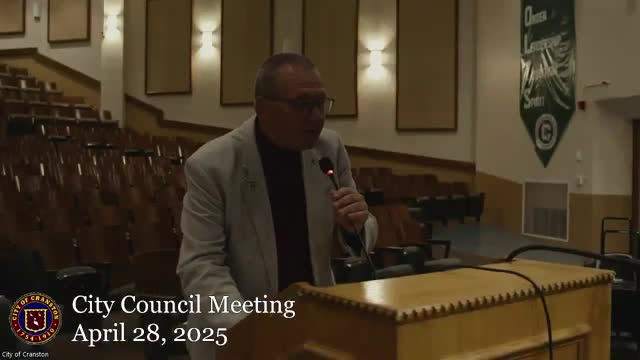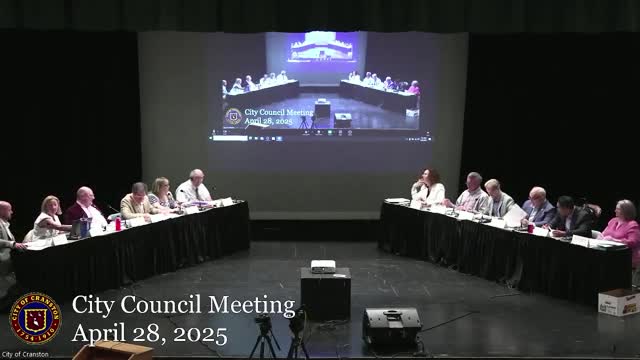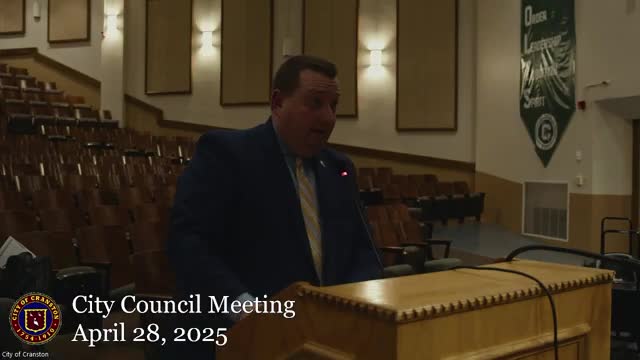Article not found
This article is no longer available. But don't worry—we've gathered other articles that discuss the same topic.

Resident questions $950,000 Doric Avenue splash pad after Budlong Pool closure; council asks Public Works to review

Cranston council ratifies two union contracts, approves public-works appointment and tax measures

